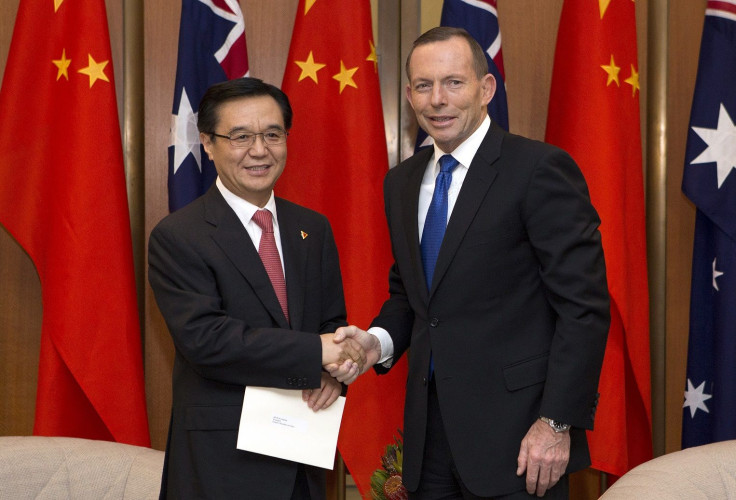Canada Will Join China-Led AIIB If Its Companies Can Benefit, Says Finance Minister

Canada's decision on joining the Chinese-led Asian Infrastructure Investment Bank will be taken on merit and it will be judged by the opportunity and scope for Canadian companies in competing for projects coming up with the bank’s funding. This was stated by Canadian Finance Minister Joe Oliver. It may be recalled that Canada had said in April that it is considering the proposal to join the AIIB, despite reservations by the U.S. and Japan.
However, Canada was conspicuous by its absence among the 50 nations who signed the articles of agreement in early July, for conceiving the bank. The signing ceremony in Beijing was attended by the representatives from 50 countries, while seven more nations, including Philippines and Thailand are negotiating the matter.
Exploring Opportunities
The Canadian minister said, “Our government is monitoring the developments to determine, among other things, the opportunity for Canadian companies to compete for infrastructure projects.” Speaking at the Canada-China financial conference in Toronto, Oliver noted that any decision will be based on Canada's national interests. He said more than a trillion dollars, or several trillions of AIIB project investments would come up. So, the share of Canadian companies will not be too large to be meaningful. Calling for a level playing field, Oliver said, “We want to make sure that the rules provide a realistic and fair opportunity for our companies to compete. We're not asking for any guarantees.”
Seeking Global Clout
China’s Asian Infrastructure Investment Bank has already found support from 50 nations. In AIIB, China, India and Russia are the biggest shareholders, which began with $50 billion as capital investment. It is projected to grow to $100 billion soon. Canada’s stand assumes significance as the U.S and Japan wield much of the power in the World Bank and Asian Development Bank and they are not investing in AIIB. But Canada is not against AIIB.
For the U.S, the main objection to AIIB is the fear that it will undercut the existing institutions such as World Bank and might lead to lax lending standards. But much to the chagrin of the U.S, bulk of the West and Southeast Asia ignored the U.S. objections and signed up, which include Australia, Britain, Germany and South Korea.
China is hoping that AIIB will help it to leverage its weight on the international stage, commensurate with its economic importance and is hoping that the new bank will grow to the stature of the Asian Development Bank and World Bank. The AIIB envisages offering loans to member countries for building ports, roads and cities throughout Asia and China's engineering firms also expect taking up such work on a priority basis for expanding their global expertise. China's minister of finance, Lou Jiwei described the AIIB as a "win-win for Asia" and claimed that the bank would start operating toward the end of 2015. Among the biggest shareholders in the bank, India is at second place, with Russia and Germany at third and fourth positions resectively.
(For feedback/comments, contact the writer at k.kumar@ibtimes.com.au)





















